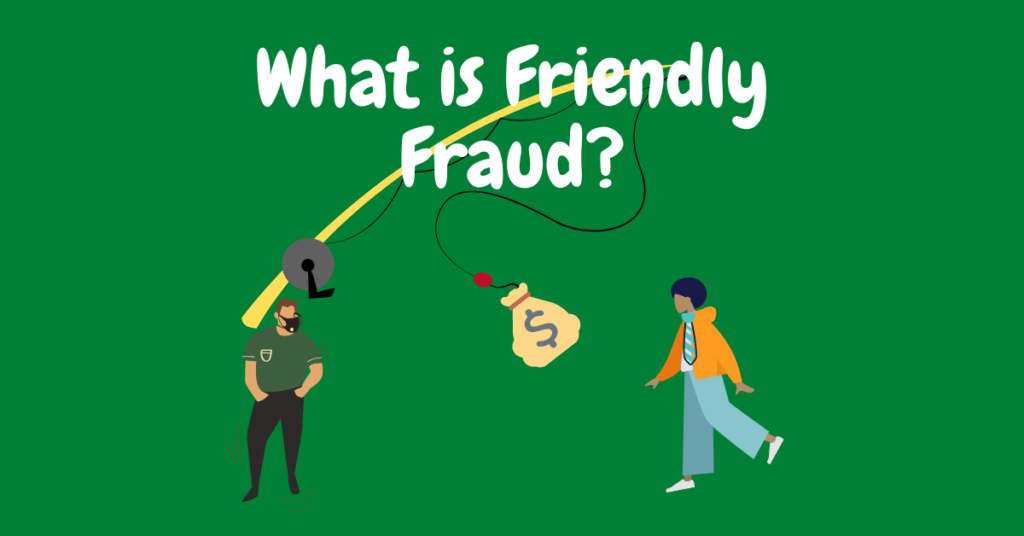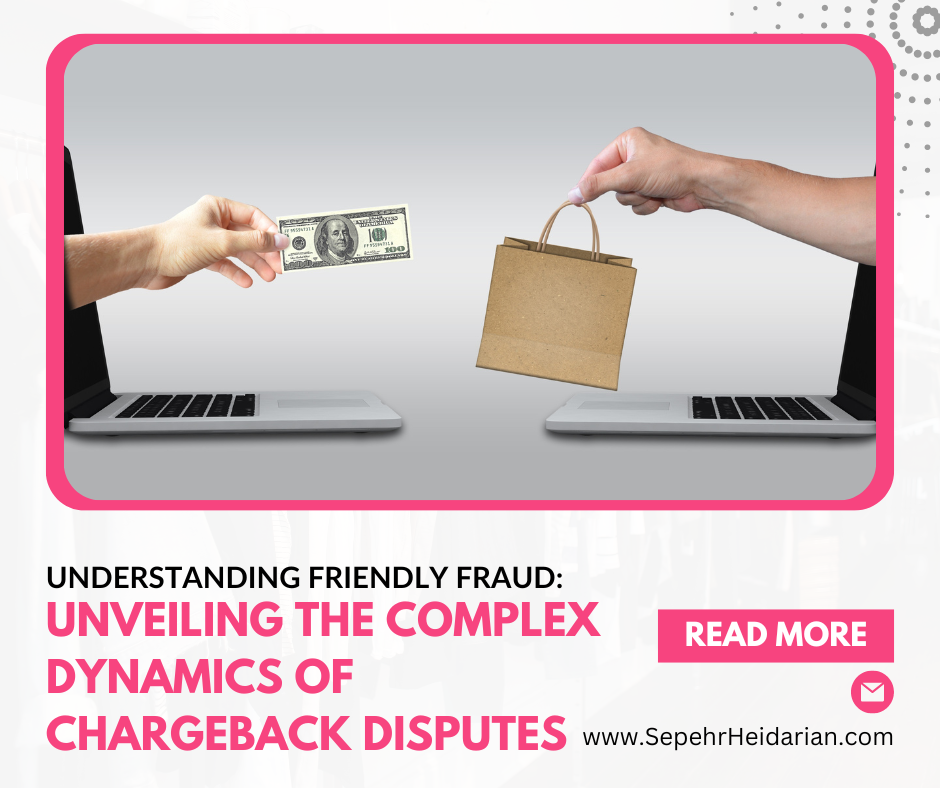In the digital age, where online transactions have become an integral part of our daily lives, the realm of financial interactions has witnessed both convenience and challenges. One of these challenges, often underestimated, is the phenomenon known as “friendly fraud.” While the term might sound innocuous, its implications can significantly impact businesses, consumers, and the overall integrity of electronic commerce.
The Anatomy of Friendly Fraud
Friendly fraud, a misnomer if there ever was one, refers to situations where legitimate consumers exploit the chargeback process to their advantage. Unlike traditional fraud, where malicious actors carry out unauthorized transactions, friendly fraud arises from a rather unexpected source: the customers themselves. It’s a perplexing paradox where consumers, after making a legitimate purchase, file for chargebacks through their credit card issuers, leading to a reversal of the transaction and an apparent refund.
There are several scenarios that can trigger friendly fraud:
- Memory Lapses: Consumers occasionally forget about legitimate purchases or fail to recognize them on their credit card statements. This can lead to chargeback requests initiated due to simple oversight.
- Quality Disputes: When the purchased product or service doesn’t meet the customer’s expectations, they might dispute the charge and request a chargeback, essentially seeking a refund.
- Delivery Issues: Sometimes, the delay or non-delivery of a product can prompt consumers to dispute the charge, assuming that their money would be better spent elsewhere.
- Financial Hardships: Facing financial difficulties, some consumers might use friendly fraud as a way to secure refunds for purchases they can no longer afford.
- Unauthorized Usage: Authorized users or family members may make purchases on the card without the cardholder’s knowledge, leading to confusion and eventual chargebacks.
- Buyer’s Remorse: Impulse purchases or post-purchase regret might motivate customers to reverse transactions via chargebacks.
The Ripple Effect on Businesses
The impact of friendly fraud is far-reaching, particularly for businesses that rely on e-commerce. Merchants, especially smaller ones, bear the brunt of chargebacks, along with possible fines and penalties from payment processors. The financial implications can be crippling, especially when compounded by the loss of merchandise or services that have been consumed or used.
While it might seem like a case of “buyer beware,” businesses have found themselves struggling to address the nuances of these chargeback disputes. Proving the legitimacy of a transaction can be challenging, as electronic commerce often lacks the tangible evidence associated with traditional brick-and-mortar purchases.
Strategies for Mitigation
Businesses are adopting various strategies to combat friendly fraud and maintain the delicate balance between customer satisfaction and financial stability:
- Clear Communication: Ensuring that customers have clear information about their purchases, including receipts and tracking numbers, can help reduce misunderstandings that lead to chargebacks.
- Robust Customer Support: Providing accessible and responsive customer service can address concerns before they escalate into chargeback disputes.
- Documentation: Maintaining detailed transaction records and communication history can provide evidence of legitimate purchases during chargeback disputes.
- Fraud Detection Tools: Employing advanced fraud detection tools can help differentiate between actual fraud and chargeback abuse.
- Collaboration with Payment Processors: Establishing partnerships with payment processors that offer chargeback prevention services can help businesses proactively address friendly fraud.

The Ethical Dilemma
The emergence of friendly fraud raises an ethical conundrum. While consumers have legitimate rights to question transactions, exploiting the chargeback process can harm businesses, disrupt supply chains, and even lead to job losses in extreme cases. It prompts a reflection on the responsibility and accountability of both parties in the online commerce ecosystem.
In Conclusion
Friendly fraud might appear innocuous on the surface, but its consequences are anything but. Businesses are challenged to strike a balance between accommodating genuine customer concerns and protecting their financial stability. As we continue to navigate the digital landscape of commerce, understanding the dynamics of friendly fraud becomes crucial for businesses, consumers, and the overarching integrity of online transactions.
